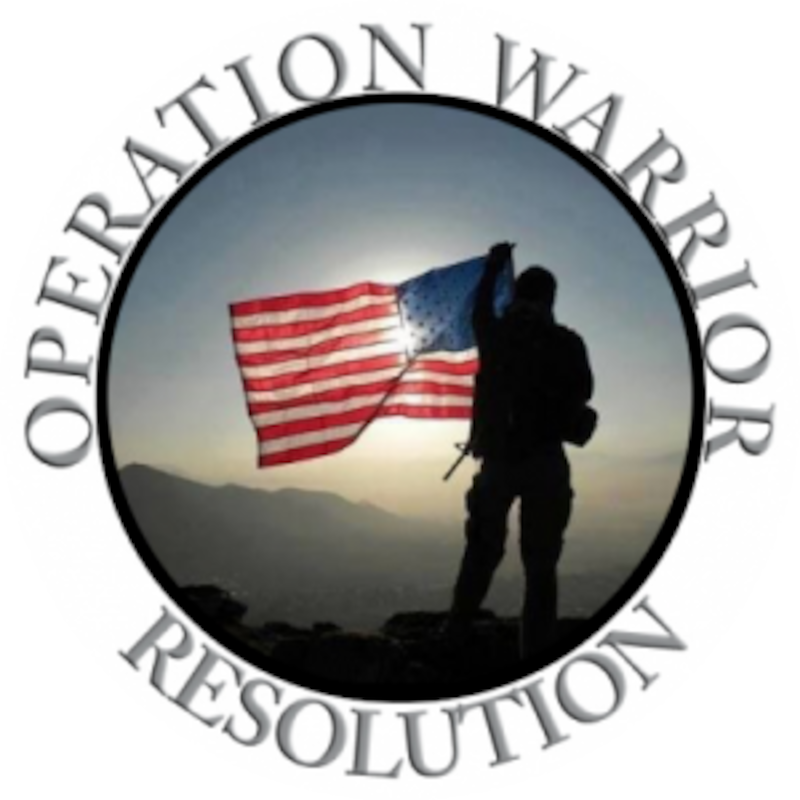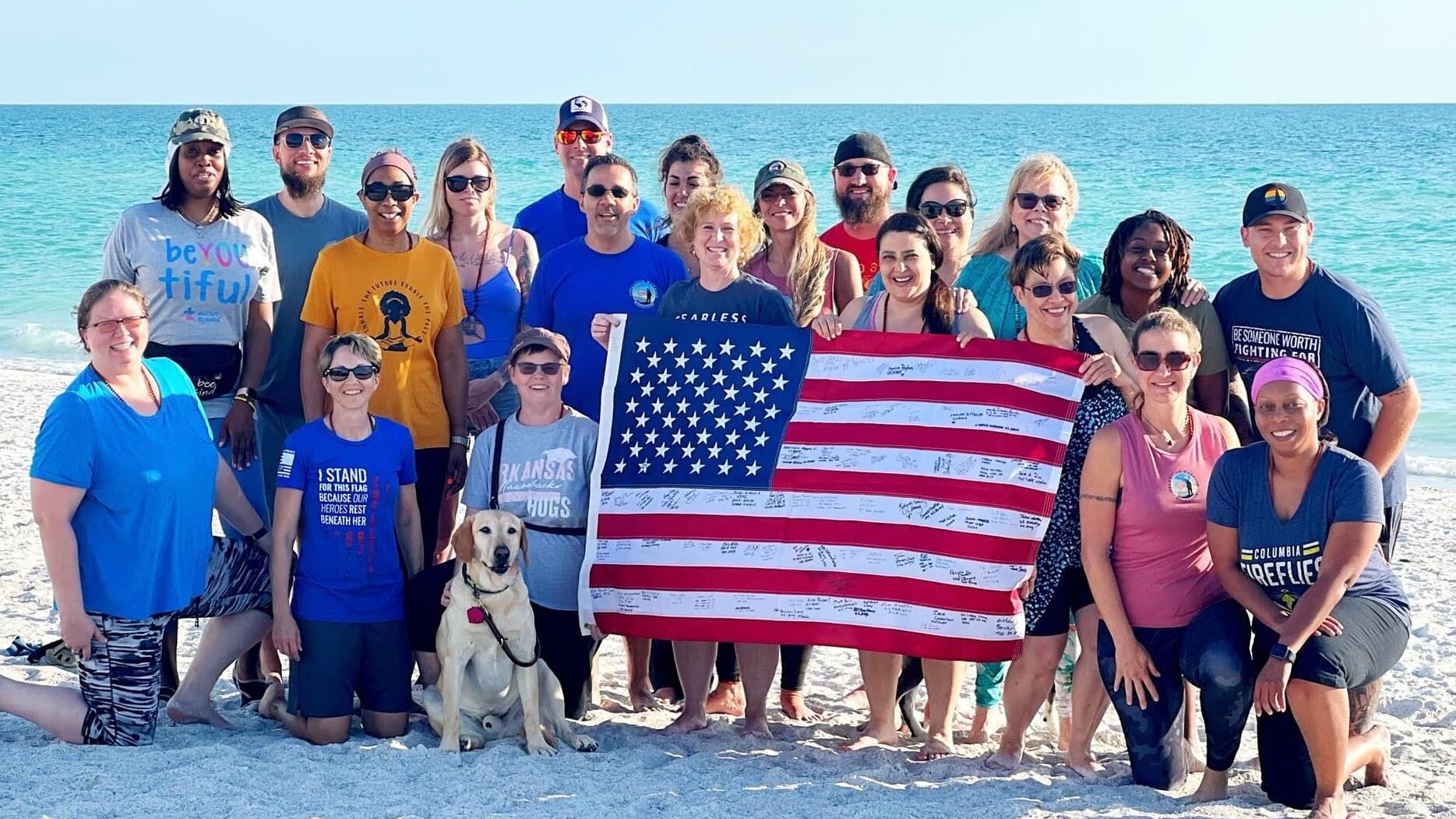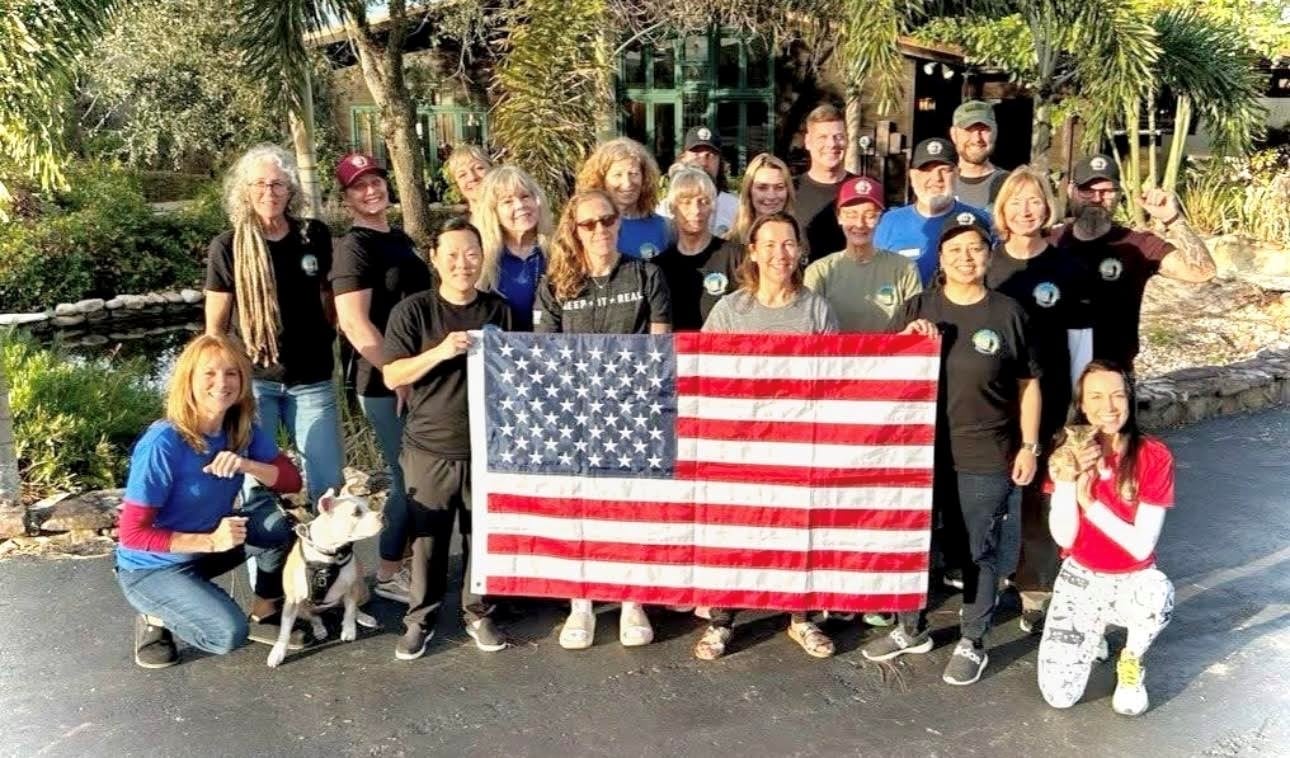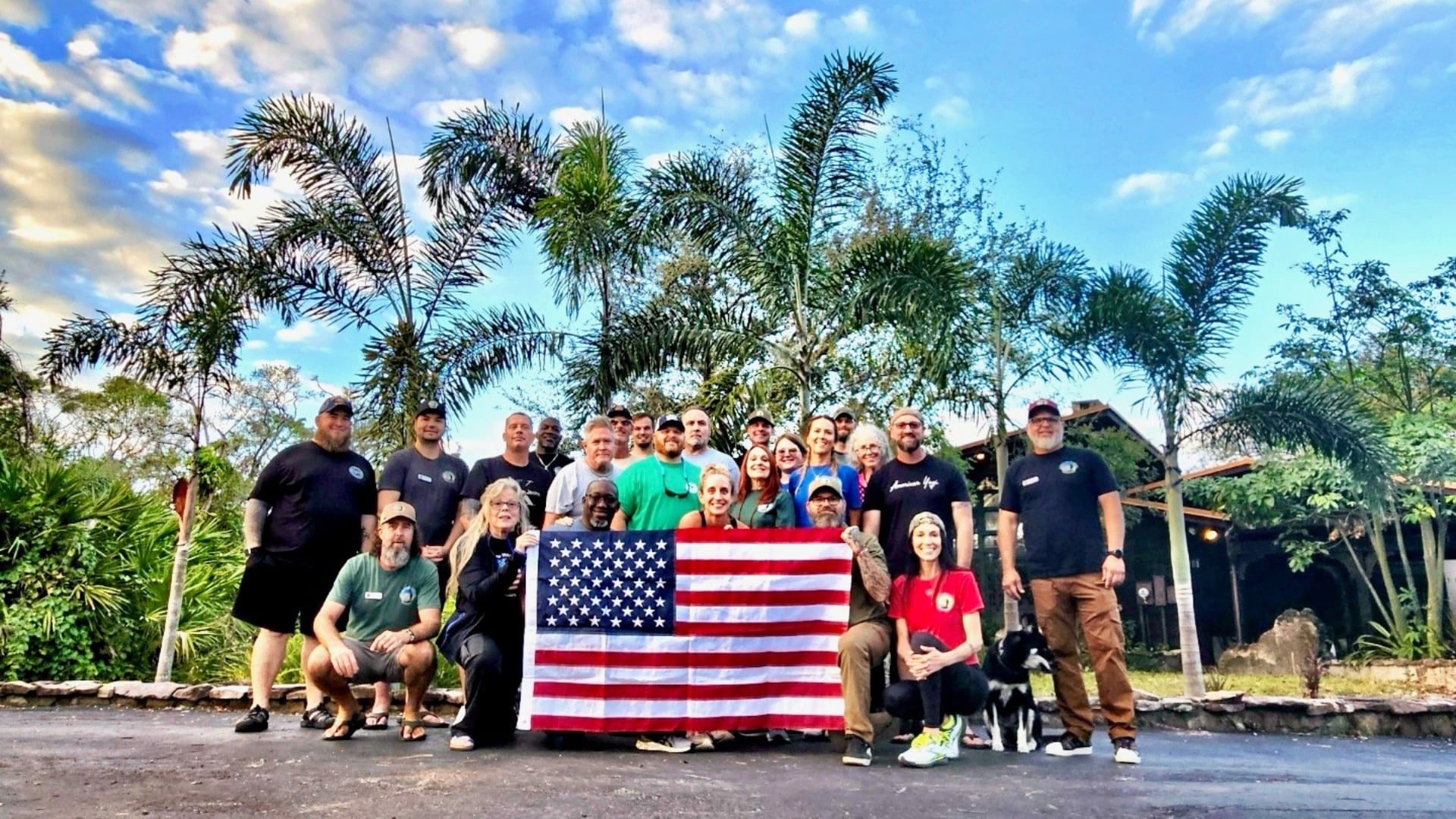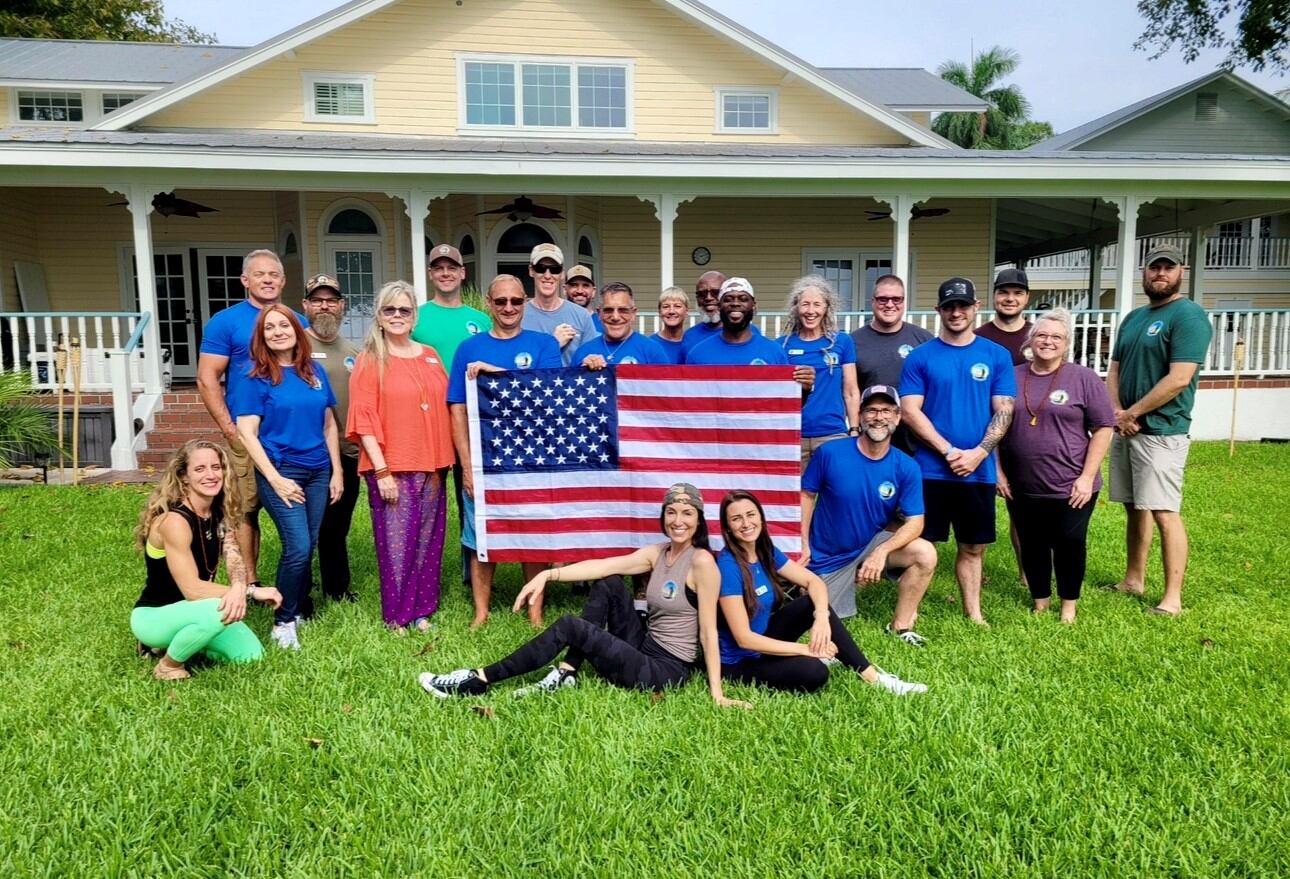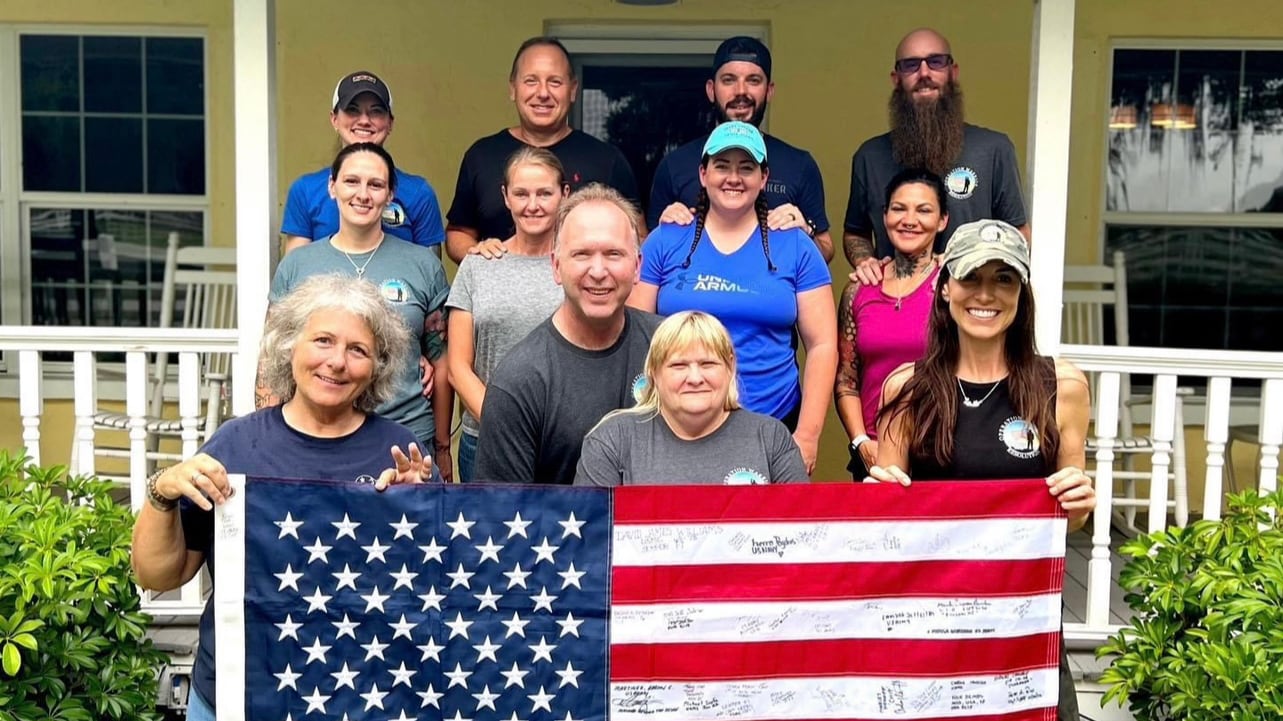Anyone who has served in the military can remember daydreaming about what they would do when they made it out – seeing people they miss, potential careers, or places they want to travel. All of these are a part of the human experience, but for those in the military, there is an added layer of uncertainty.
Military personnel are trained to be flexible and rapidly adapt to new situations. But when they return to civilian life, many find it hard to readjust. Structure and discipline often go out the window. It can be hard to connect with others who haven’t shared the same experiences, especially if those experiences form in conditions of extreme stress.
After a career in the Army, I found myself in the place everyone warns you about when you’re serving. I was drinking too much and exercising too little. My marriage collapsed, and I became alienated from everyone around me.
Yet the darkest period in my life led me to understand that I could use my experiences to help others struggling with the same issues. My military service didn’t have to end when I left the Army. It could be a starting point.
I was lucky to find a network of other student veterans while pursuing my degree in psychology at the University of South Florida. Traditional talk therapy through the VA was not making progress. But the kinship I found between my new network of friends, many of whom were working through PTSD, anxiety, and depression, seemed to click. If traditional talk therapy wasn’t working, then there had to be something else out there.
This realization inspired me to start Operation Warrior Resolution in 2018. The organization provides free therapy services to veterans using a combination of innovative techniques, such as brain-based healing, and alternative therapies like yoga, meditation, pain management, nutrition and equine therapy.
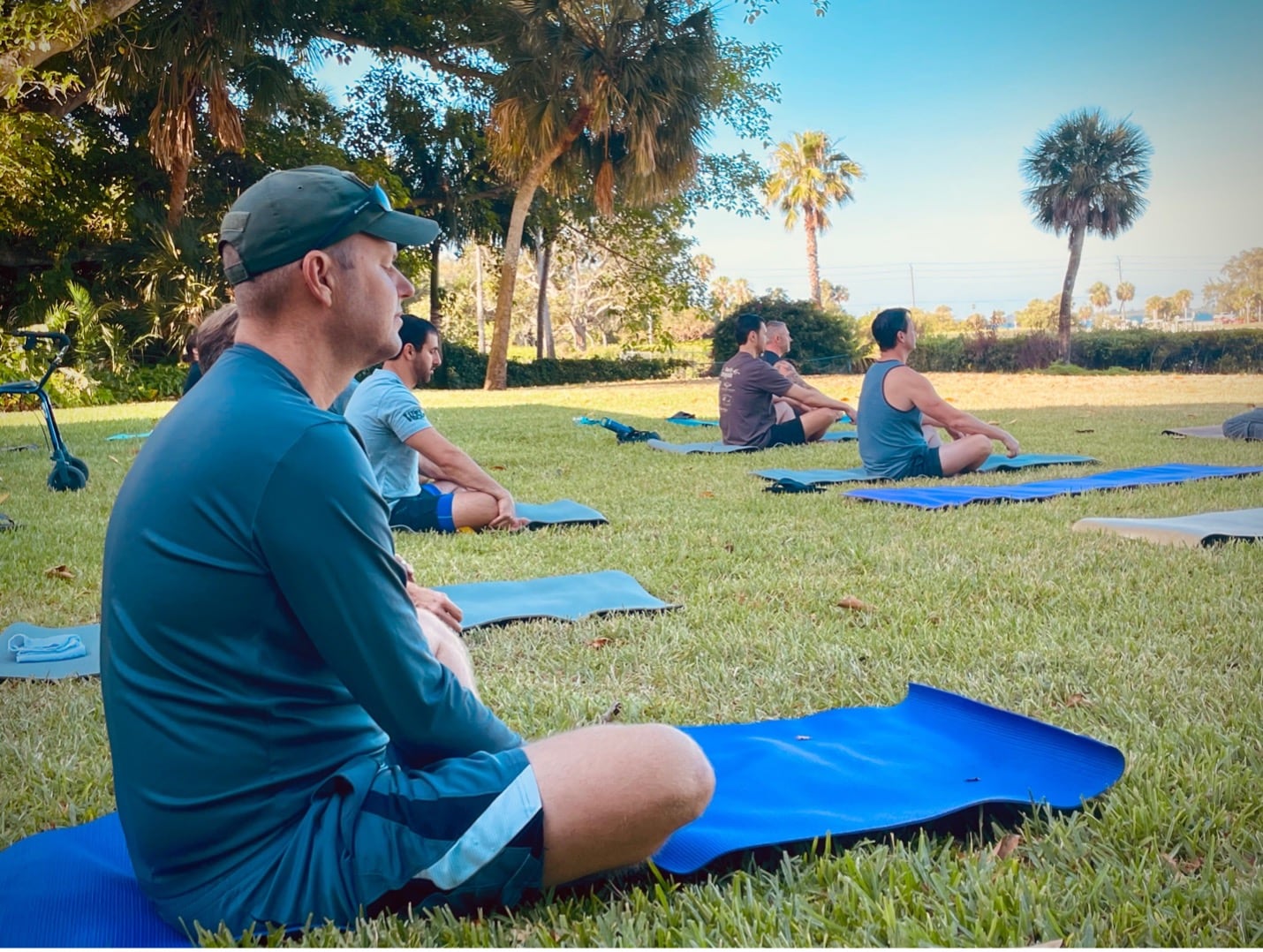
Each approach we use is based on the latest neuroscience research to bring calmness to the mind and nervous system. This allows our clients to feel open to connecting with others and building relationships with loved ones, and even begin to have fun, feel joy and have purpose again.
Many factors go into healing from painful past experiences. Traumatic experiences can leave invisible wounds that can manifest in strange ways. For some people, the memories and emotions associated with trauma can be so overwhelming that they can’t live everyday life. They may have trouble sleeping, constantly feel on edge, or have flashbacks and nightmares.
New advancements in brain mapping are changing the game by helping us understand how the brain responds to trauma. Brain mapping – which uses neuroimaging to create a detailed map of the brain – provides us insights into how the mind responds to trauma. We use this information so that we know the brain is being repaired from the damage caused by extreme stress.
What’s more, these therapies are non-invasive and have very little risk. That’s important because many people are reluctant to take medications – especially when they come with the risk of addiction. With these methods, Operation Warrior Resolution’s therapy sessions keep the client present so they don’t have to revisit their trauma.
Brain-based therapies, such as The Cortina Method that Operation Warrior Resolution uses, are still relatively new, but the popularity of these treatments has been largely due to the demand from veterans of wars in Afghanistan and Iraq. After exploring experiential therapies for treating post-traumatic stress disorder, traumatic brain injuries, addiction, and depression, many former military members have become fervent advocates for the broader use of alternative healing methods.
Imagine, for a moment, being able to see inside the brain of a veteran with PTSD. We can now do just that with the help of neuroimaging technologies. And what we are seeing is often problematic – vast areas of damage caused by years of stress and trauma.
But there is hope. These same imaging techniques are also helping us to see which treatments are effective for PTSD and other conditions. By targeting the specific areas of the brain that have been affected, we have helped veterans heal their wounds and reclaim their lives.
What’s crucial to our methodology is that nobody goes through it alone. We facilitate organized retreats where cohorts of veterans experience the therapies together and participate in other wellness activities like yoga, meditation, chiropractic and chronic pain management, equine therapy, martial arts such as Brazilian jiu jitsu and workshops on optimizing health and nutrition. We are not just healing trauma but creating lifelong connections and a life where veterans can thrive.
Operation Warrior Resolution has helped over one hundred veterans through our retreat programs and almost another thousand through other activities and events in the Sarasota, Florida, area. And we are just getting started.
Find us online at www.operationwarriorresolution.org or on Facebook at www.facebook.com/OperationWarriorResolution.
